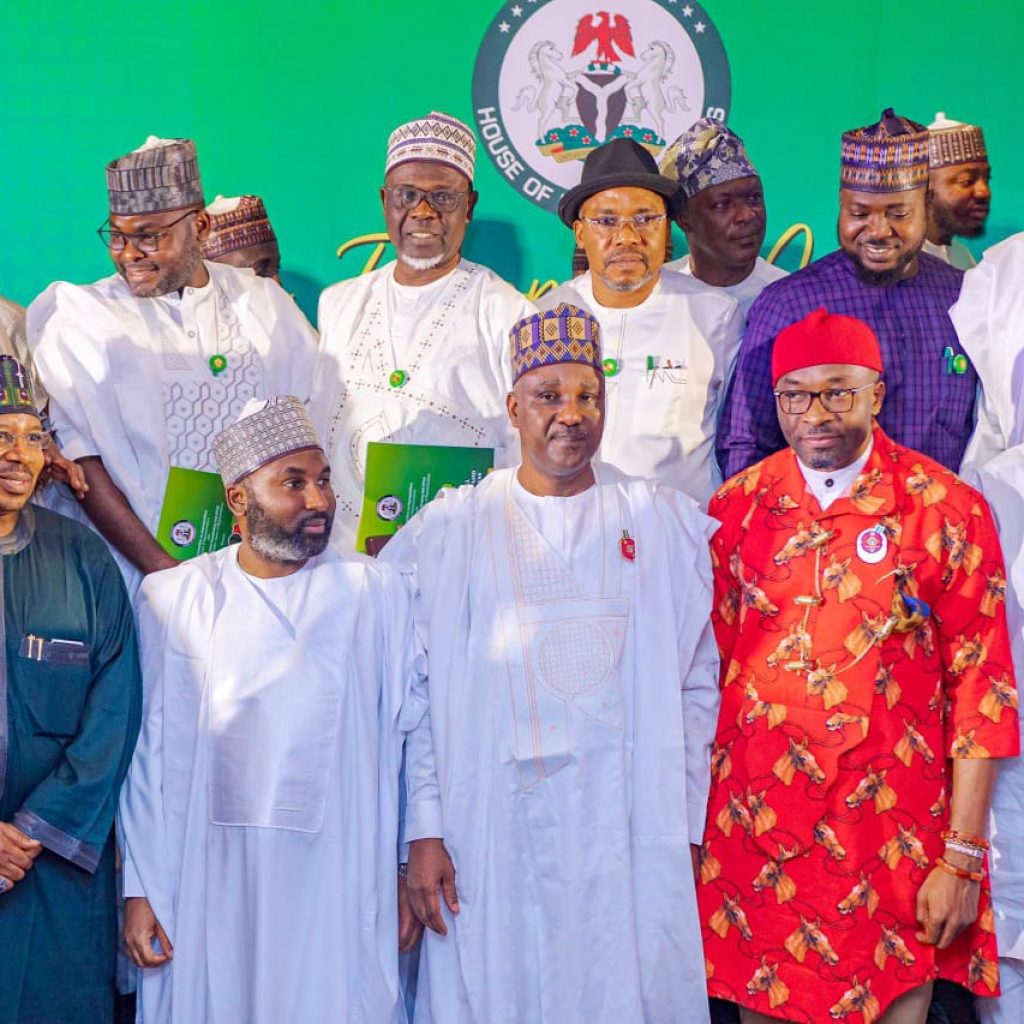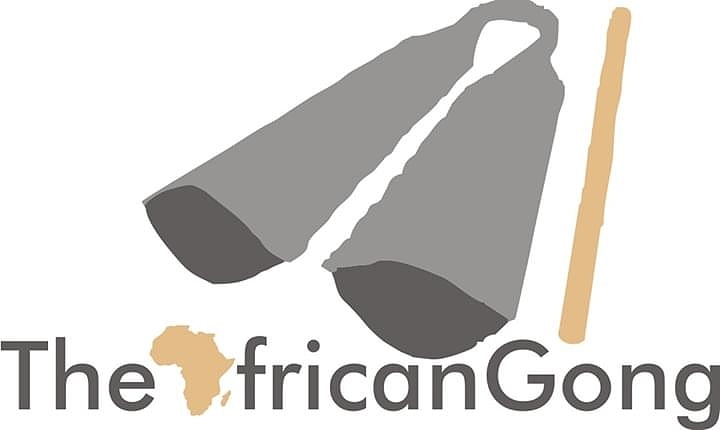
The Speaker of the House of Representatives Rt. Hon. Abbas Tajudeen Ph.D, has disclosed plans by the 10th House to amend the Fiscal Responsibility Act, 2007, and make citizens participation a routine in the budgetary process.
Speaker Abbas stated that the 10th House, as the ‘People’s House,’ would work towards making the Federal Government’s budget a “people’s budget.”
The Speaker made this known in Abuja on Monday while declaring open, Citizens’ Townhall on the 2024 Budget and Appropriation Process, organised by the House Committee on Appropriations and the Programme Coordinating Unit (PCU) of the Speaker’s Office.
Several civil society organisations, non-governmental organisations, professional bodies, chief executives in the public and private sectors, as well as student unions who were represented at the event expressed their views.
President Bola Ahmed Tinubu had on Wednesday, November 29, 2023, laid the budget estimates before a joint session of the National Assembly. The House had debated the general principles of the budget during the second reading.
The bill was passed for second reading and referred to the House Committee on Appropriations, chaired by Hon. Abubakar Kabir Bichi, leading to the engagement with stakeholders at the townhall.
Speaker Abbas noted at the event that the House had taken the lead in facilitating greater citizens’ participation in the budget process, while challenging all ministries, departments and agencies of the government to do the same.
He said, “On our part, the House will review the Fiscal Responsibility Act 2007 to strengthen existing provisions to improve access to information and public consultation during all phases of the budget cycle. Specifically, we will amend the FRA to require and define public participation explicitly.
“Your participation in this townhall meeting underscores the essence of democracy – the power of the people to engage actively in governance and decision-making processes.
“You are invited to closely examine the 2024 budget proposal as presented to the National Assembly by Mr. President. As representatives of the people, it is our duty to ensure that the annual appropriation reflects the needs and aspirations of every Nigerian citizen.
“I wish to reassure all Nigerians that the President, His Excellency, Bola Ahmed Tinubu, GCFR, and the National Assembly are committed to addressing these hardships,” he said.
Speaker Abbas noted that the top priorities of the 2024 Appropriation Bill, as stated by the President, were national security, local job creation and poverty reduction, while the proposal was labelled ‘Budget of Renewed Hope.’
He said: “Your contributions must go beyond mere criticisms to constructive and evidence-based suggestions on how we can improve the budget process and make the budget more responsive to the needs of all Nigerians.”
The Speaker recalled that during the budget proposal presentation by the President, he promised that the House would convene a town hall, in line with its Legislative Agenda, to harness public input and opinion. “This event represents the fulfilment of that pledge,” he stated.
He said the townhall “is crucial to enhancing the transparency of government spending,” stressing that it would also allow the public to be more informed about how public funds are to be used and, by so doing, build greater trust in government institutions.
The Speaker said: “More importantly, however, this town-hall will allow the National Assembly to understand citizens’ needs better and explore ways to address them through the budget.
“The relevance of this interface is best understood within the larger context of diminished public trust in government institutions in Nigeria and all over Africa.
“This townhall represents a major step in changing the narrative. As indicated in our Legislative Agenda, we are the People’s House. As such, we firmly commit to strengthening public engagement and seeking inputs into the budget process, starting with the pre-budget statement, executive budget proposal, budget debate through public hearings in the legislature, and implementation, monitoring, and reporting of the budget.”
Going forward, Speaker Abbas said, the House would sustain the initiative, while noting that the lawmakers believed the process should start before the budget is presented to the National Assembly.
“This is critical to ensuring that the budget becomes the people’s budget. We expect that the 2025 budget will be discussed at the constituency level to ensure greater inclusion and engagement with diverse stakeholders at the grassroots level,” he added.
The Speaker commended the Policy and Legal Advocacy Centre (PLAC); the UK Foreign, Commonwealth and Development Office (FCDO); and the Partnership to Engage, Reform and Learn (PERL) for their partnership and supports to the House on the town hall.
The Deputy Speaker of the House, Rt. Hon. Benjamin Okezie Kalu, in his goodwill message, said the event was a testament to the House’s commitment to “transparency, accountability, and, most importantly, the active participation of citizens in the legislative process.”
He said: “The budget plays a crucial role in guiding our nation’s journey by determining priorities and allocating resources. Therefore, it is essential that the budgeting process is transparent, inclusive, and reflects the needs and aspirations of our citizens.”
The Chairman of the House Committee on Appropriation, Hon. Bichi, in his opening remarks, said the committee would always maintain an open-door policy to “accommodate the interest of stakeholders in making the process more credible, peoples oriented and veritable instrument towards good governance.”

Bichi told the gathering that his committee decided to involve Nigerians at the townhall because the budget “belongs to the people, as such, we have to carry the citizens along.”
He assured that the House Appropriation Committee would “not disappoint Nigerians” in the onerous task of budget process.
In his goodwill message, the Clerk to the National Assembly (CNA), Alhaji Sani Magaji Tambuwal, said when critical stakeholders are not consulted before the national budget and appropriations process is concluded, it is inevitable that government policies, programs, and projects will be replicated.
Tambuwal added: “This is especially true, given that the budget is a document of public policy intended for the general public. That is to say, the budget is owned by the people. Hence, the decision of the 10th House of Representatives to organise this town-hall meeting is not only consistent with democratic principles but with the 6th agenda of the present House to ensure an open and inclusive legislature.”

